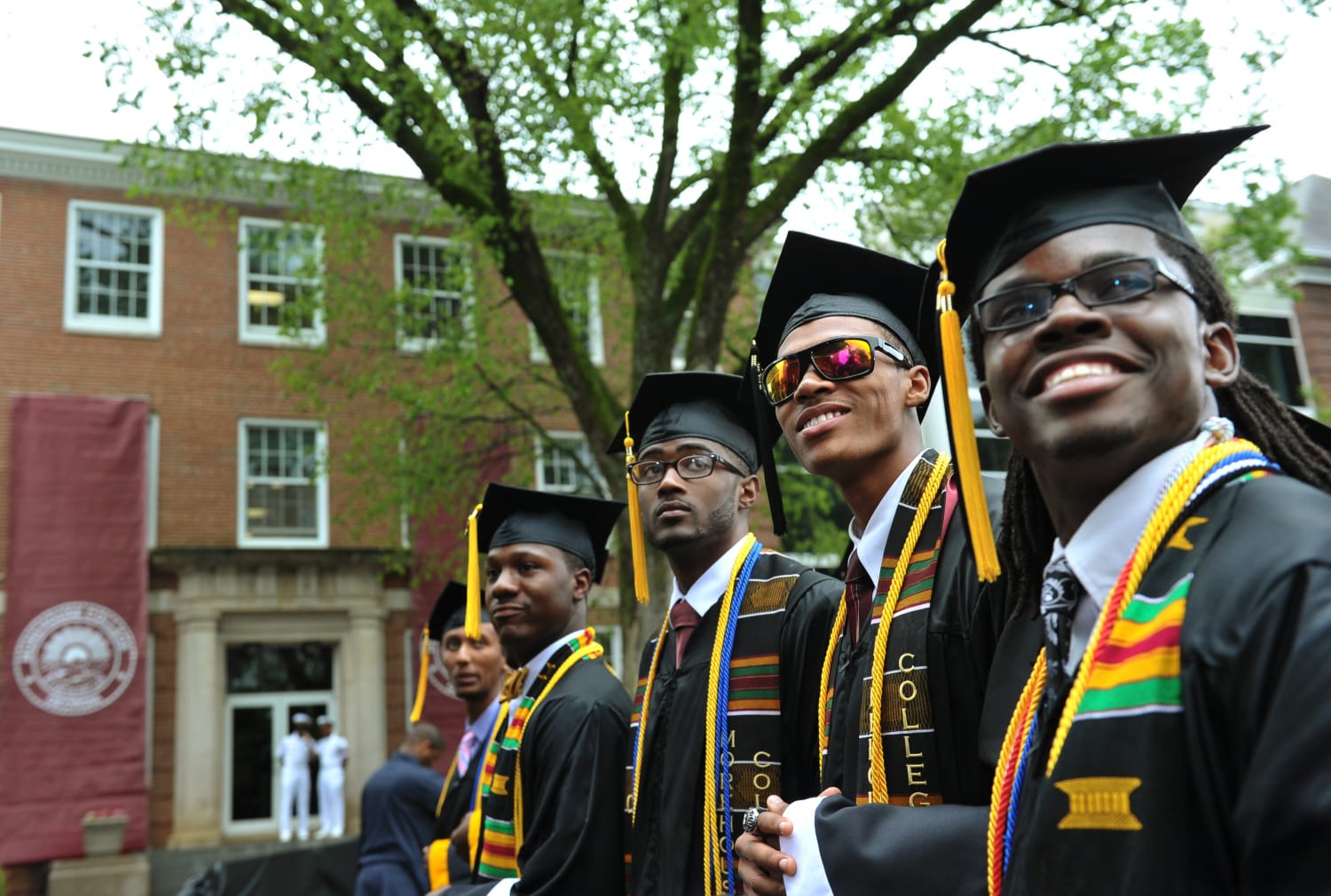
Historically black colleges and universities (HBCUs) are institutions of higher education in the United States that were established before the Civil Rights Act of 1964 with the intention of primarily serving African Americans. There are currently over 100 HBCUs in the United States, and they offer a wide range of academic programs, from associate degrees to doctorates.
HBCUs have a long and rich history. //www.eduvine.ca/ Cheyney University of Pennsylvania, was founded in 1837. Many HBCUs were founded during the Reconstruction era, after the Civil War, when African Americans were seeking greater educational opportunities. HBCUs played a vital role in educating African Americans during a time of segregation and discrimination.
Today, HBCUs continue to play an important role in the education of African Americans. They provide a supportive and nurturing environment for black students, and they offer a variety of programs and services that are designed to meet the needs of black students. HBCUs also have a strong tradition of social activism, and they have produced many leaders in the civil rights movement, the arts, and the sciences.
Some of the most well-known HBCUs include:
- Howard University (Washington, DC)
- Spelman College (Atlanta, GA)
- Morehouse College (Atlanta, GA)
- Tuskegee University (Tuskegee, AL)
- Xavier University of Louisiana (New Orleans, LA)
- Hampton University (Hampton, VA)
- Florida A&M University (Tallahassee, FL)
- Prairie View A&M University (Prairie View, TX)
- North Carolina A&T State University (Greensboro, NC)
If you are an African American student who is considering attending college, HBCUs should be a top consideration. HBCUs offer a unique and valuable educational experience that can help you succeed in college and beyond.
Here are some of the benefits of attending an HBCU:
- A supportive and nurturing environment: HBCUs are known for their supportive and nurturing environment. This is due in part to the fact that they have a majority-black student body, which can create a sense of community and belonging.
- A strong focus on academics: HBCUs have a strong focus on academics. They offer a wide range of academic programs, and they have a commitment to providing students with a quality education.
- A diverse student body: HBCUs have a diverse student body, which can help students to learn about different cultures and perspectives.
- Affordability: HBCUs are often more affordable than other colleges and universities. This is due in part to the fact that they receive federal funding.
- A legacy of excellence: HBCUs have a long and rich history of excellence. They have produced many notable graduates, including politicians, doctors, lawyers, and entertainers.
If you are interested in learning more about HBCUs, there are a number of resources available to you. You can visit the website of the United Negro College Fund (UNCF), which is a nonprofit organization that supports HBCUs. You can also find information about HBCUs on the websites of individual colleges and universities.
I hope this article has given you a better understanding of HBCUs. If you are an African American student who is considering attending college, I encourage you to explore the possibility of attending an HBCU. It could be the best decision you ever make.


